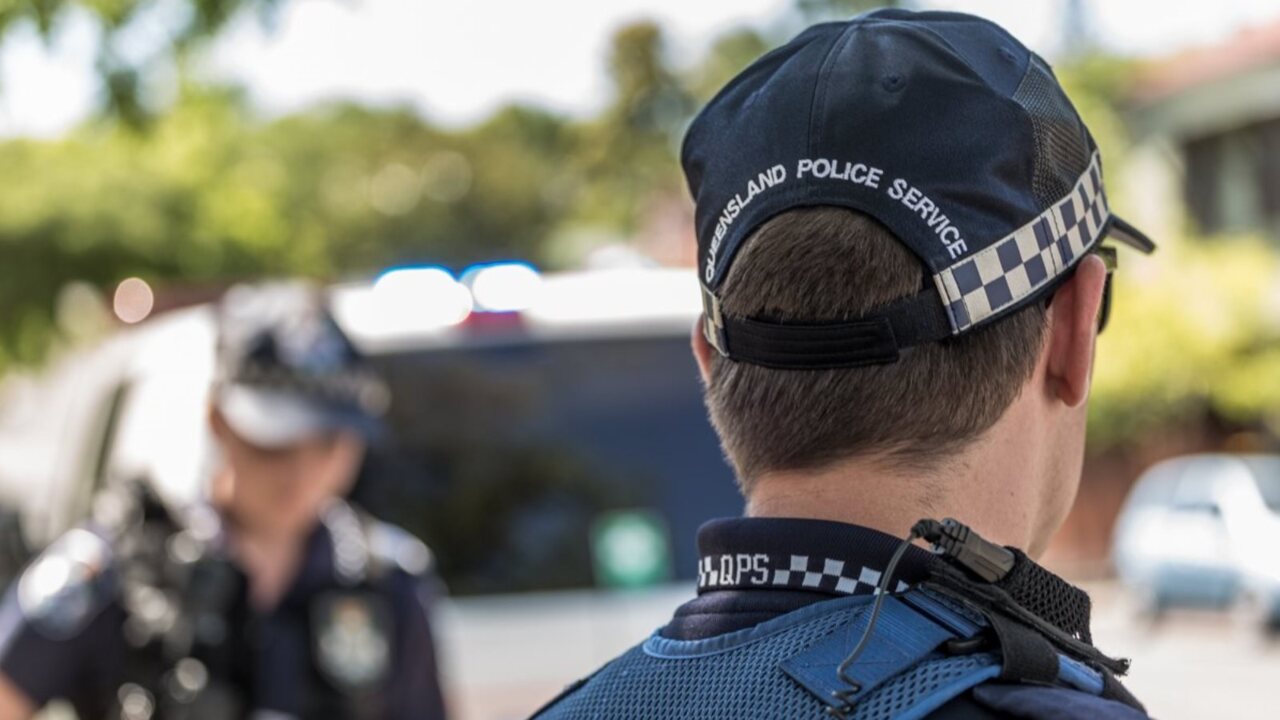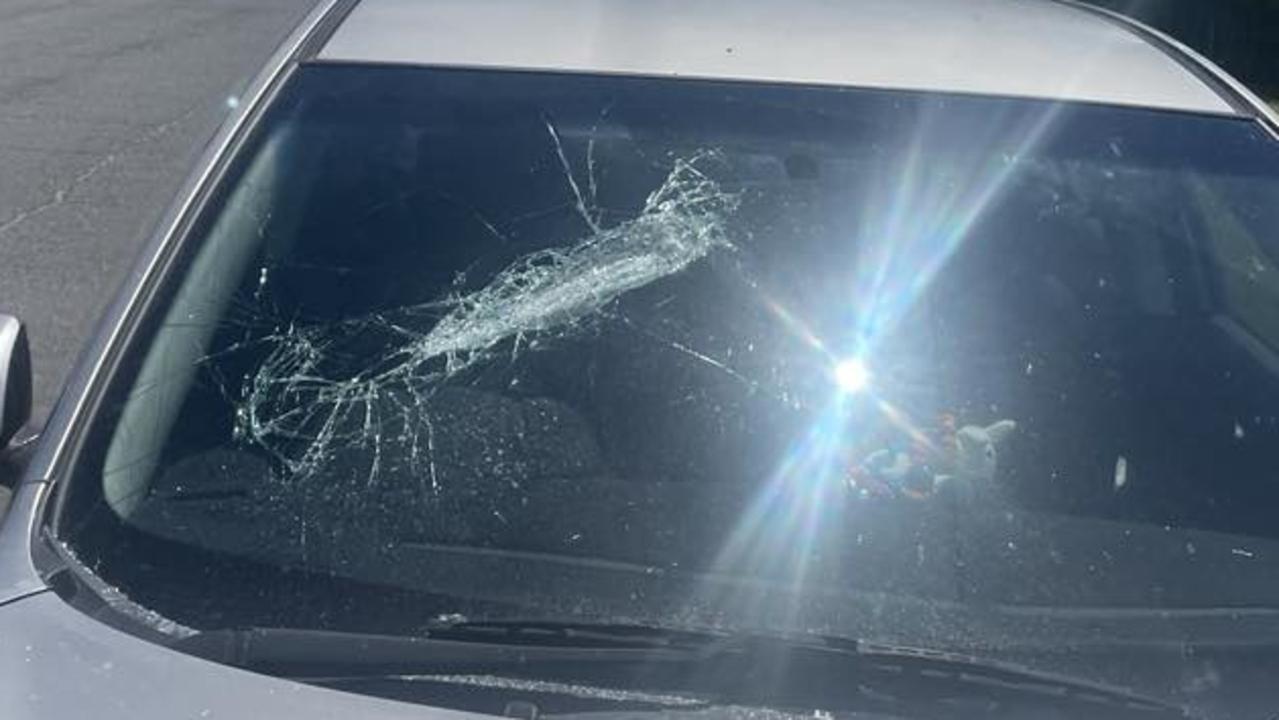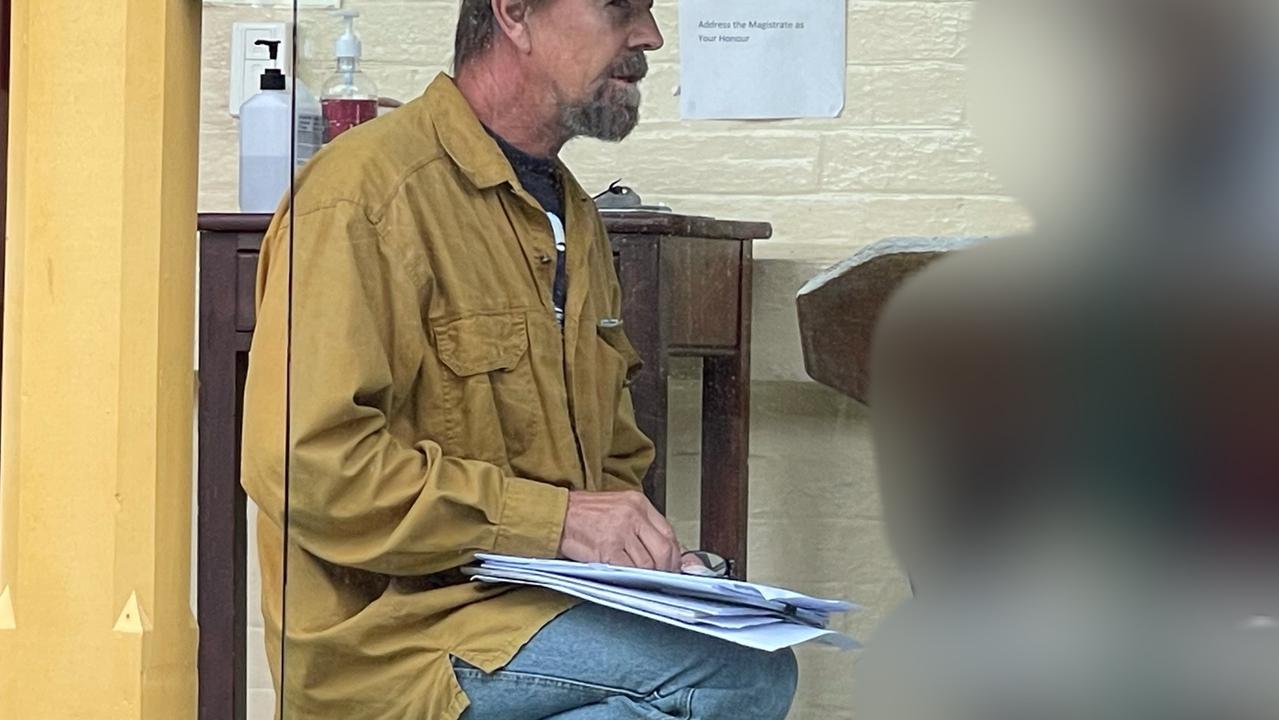Youth crime Qld: Deputy Premier admits spike in youth crime in wake of damning figures
Queensland’s Deputy Premier has made a stark admission over the state’s rate of youth crime, in the wake of a damning national report, but has defended the government’s approach.

Police & Courts
Don't miss out on the headlines from Police & Courts. Followed categories will be added to My News.
Queensland Deputy Premier Steven Miles has acknowledged there has “clearly” been an increase in youth crime, amid new Productivity Commission revealing Queensland had the highest rate of youth reoffending in the nation.
But he also defended the state government’s previous swath of youth justice reforms, saying it was designed to ensure the “hardest of recidivist offenders” received jail time and were less likely to be released on bail.
EDITORIAL: YOUTH CRIME SCOURGE DEMANDS MORE
The Productivity Commission data shows 56.8 per cent of Queensland juveniles aged 10-17 who were sentenced either to detention, probation, bail or parole were back before a courtroom within a year, as of 2019-20.
This was a higher rate than any other state or territory, but it has reduced from a high of 65 per cent recidivism with 12 months in 2017-18.
Despite this, the number of children in detention in Queensland has been climbing year on year, against the trend nationally.

There were 3.6 youths in detention for every 10,000 young people aged 10-17 in Queensland in 2019-20, but this grew to 4.8 youths per 10,000 in 2021-22.
The national average is just 2.8 youths in detention for every 10,000 young people.
“There is clearly an increase in youth crime and that is understandably causing concern in the community,” Mr Miles said.
“And it is the role of our elected leaders to act on those concerns.”
He said there were programs available to children once they had been sentenced to prison time to help them turn their lives around, but acknowledged time spent on remand was getting longer.
This means kids are released without getting access to those interventions as time served in detention is taken into consideration at sentencing.
Mr Miles said there was “no silver bullet” on fixing the issue of youth crime, arguing the state’s new initiatives – announced at the end of 2022 – would “assist police to fight and prevent crime”.






